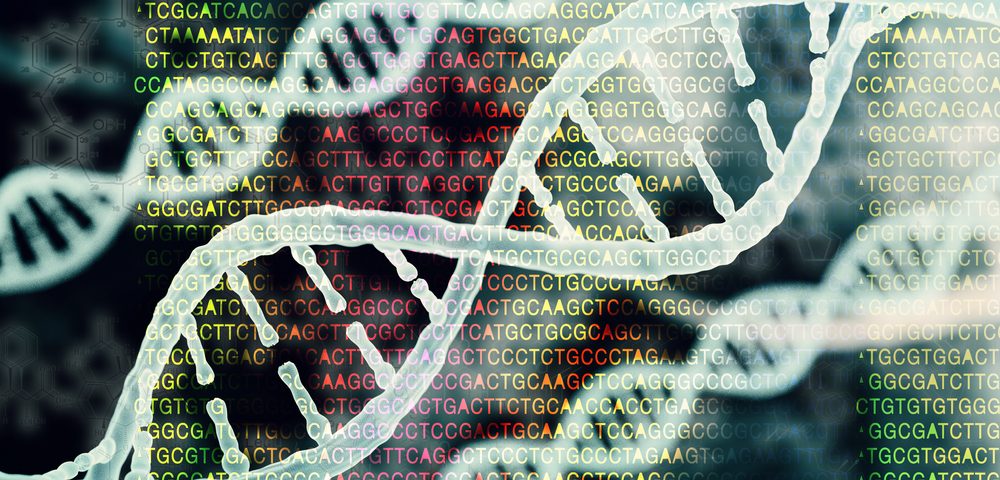In most countries, including across the U.S., Europe, and Asia, a child shortly after birth will undergo testing for phenylketonuria (PKU) at birth.
Here are some things to know about newborn screening and PKU, based on the U.S. newborn screening program for this genetic rare disease.
What is newborn screening?
Newborn screening is the practice of testing all babies in their first days of life for certain disorders and conditions that can hinder normal development. All 50 states require screening for PKU, which affects one individual in every 10,000 to 15,000.
Many other countries also require such newborn screening; in fact, PKU is reported to be the first disorder identified for screening in many countries.
A screening test involves collecting a few drops of blood, usually from your baby’s heel.
Why is it important to diagnose PKU early?
If the newborn screen detects PKU at birth, treatment should start immediately. Early treatment can help to prevent the condition’s first signs — such as irritability, seizures, dry skin, “musty” body odor, pale hair and skin, and developmental delays — before they appear. Babies who start treatment within weeks of their birth may avoid some PKU symptoms.
If treatment is started after six months of age, however, your baby is at risk of severe intellectual disabilities.
How much does newborn screening cost?
In the U.S., some states don’t charge for testing. When there is a fee — typically ranging from about $15 to $150 — your private health insurance or Medicaid often covers it.
What if the result is positive?
If your baby’s screening result for PKU is positive, a confirmatory test will need to be performed. Because the harmful effects of untreated PKU can occur soon after birth, follow-up diagnostic testing must be completed as soon as possible.
A confirmatory test is necessary because an initial screening with out-of-range results may simply signal that the blood sample used for that test was too small.
What does follow-up testing involve?
Follow up testing involves checking your baby’s urine and blood samples for harmful levels of acids and toxins. High amounts of phenylalanine in the blood might indicate that your child has PKU. Doctors may also perform a genetic test to confirm the diagnosis.
My baby has PKU, now what?
Work with your baby’s physician to determine the next steps for your baby’s care. The doctor may help you coordinate care with a physician who specializes in metabolism, and a dietician who can help plan your child’s specialized diet.
If you think your child isn’t meeting age-appropriate developmental milestones, ask your physician about getting a developmental evaluation.
Genetic counseling
Because PKU is a genetic condition, you may wish to speak with a genetic counselor to help you understand the causes of PKU and what your baby’s diagnosis means for other family members and future pregnancies.
Two resources for genetic specialists are the Clinic Services Search Engine and Find a Genetic Counselor.
Support groups
Support groups can help connect you with other families affected by PKU.
Associations for this disease include the National PKU Alliance, Intermountain PKU and Allied Disorders Association, the Children’s PKU Network (Canada), NSPKU (U.K.), and E.S.PKU (Europe)
Last updated: May 14, 2020
***
Phenylketonuria News is strictly a news and information website about the disease. It does not provide medical advice, diagnosis, or treatment. This content is not intended to be a substitute for professional medical advice, diagnosis, or treatment. Always seek the advice of your physician or other qualified health provider with any questions you may have regarding a medical condition. Never disregard professional medical advice or delay in seeking it because of something you have read on this website

